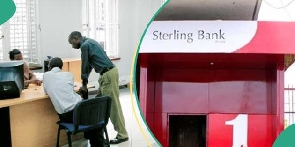![Libya Deports 48 Nigerian Women, Two Children [Photos]](https://gists9ja.com.ng/wp-content/uploads/2025/02/1001597083.png)
Tripoli, Libya – The Libyan government has deported 48 Nigerian women and two children as part of its ongoing crackdown on illegal migration.
The deportation, which took place under the supervision of Libya’s Department for Combating Illegal Migration (DCIM), was carried out with assistance from Nigeria’s consular services and the support of the International Organization for Migration (IOM).
According to reports, the deported individuals were among the thousands of migrants stranded in Libya, many of whom have been subjected to harsh conditions, including detention, forced labor, and abuse at the hands of traffickers and militia groups. The deportees were repatriated under the IOM’s Voluntary Humanitarian Return (VHR) program, which facilitates the safe return of migrants who wish to leave Libya but lack the means to do so.
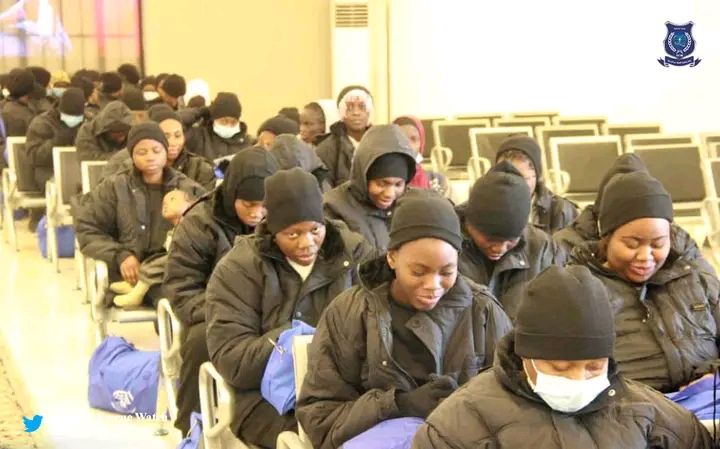
Challenges Faced by Nigerian Migrants in Libya
Libya has long been a key transit point for migrants attempting to cross the Mediterranean into Europe. However, the journey is fraught with danger, with many migrants falling victim to human trafficking networks, extortion, and inhumane treatment in detention centers.
Several international reports have highlighted the dire conditions faced by migrants in Libya, including overcrowded detention facilities, lack of medical care, and reports of abuse by local authorities and traffickers. Women and children, in particular, are at high risk of sexual violence and exploitation.
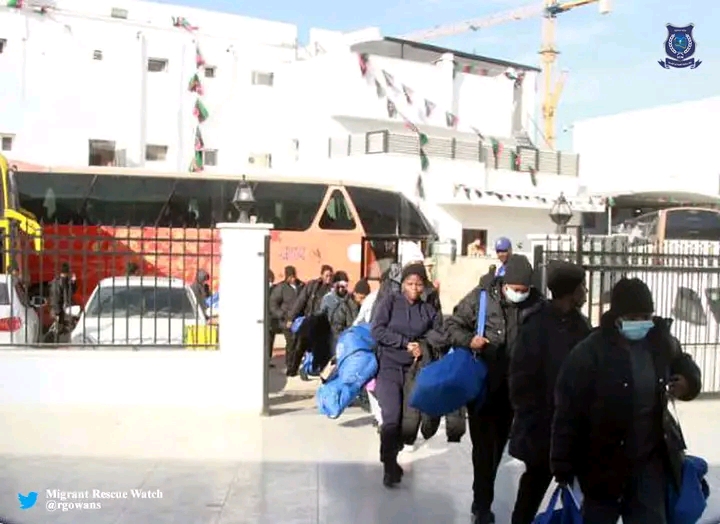
While the Libyan government maintains that its crackdown on illegal migration is necessary for national security, human rights organizations have repeatedly called for better treatment of detained migrants and more humane policies for handling asylum seekers and economic migrants.
Nigeria’s Response and Reintegration Efforts
The Nigerian government, through its consular services, has been working with the IOM and other international bodies to repatriate stranded citizens. Over the years, thousands of Nigerians have been brought back from Libya under similar initiatives. However, reintegrating returnees into society remains a significant challenge, as many face economic hardship, unemployment, and social stigma upon their return.
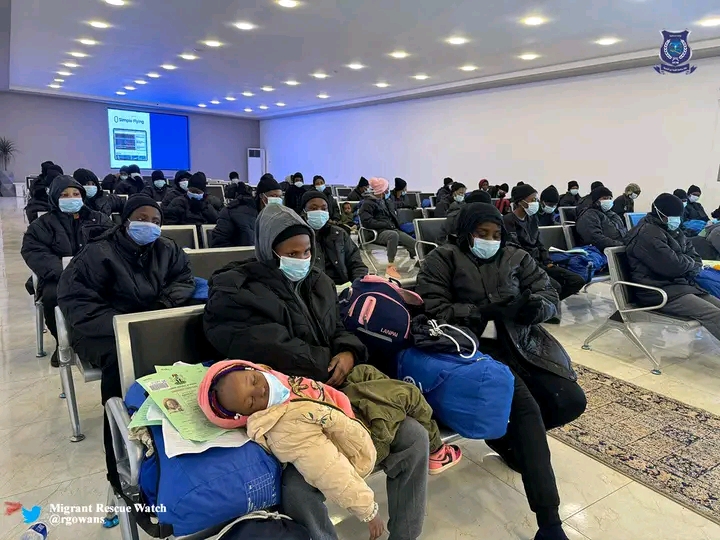
The National Commission for Refugees, Migrants, and Internally Displaced Persons (NCFRMI), in collaboration with the Nigerian Immigration Service (NIS) and other agencies, has been tasked with providing support to returnees, including vocational training, small business grants, and counseling services. Despite these efforts, experts argue that more needs to be done to address the root causes of irregular migration, including poverty, unemployment, and lack of opportunities.
Calls for More Sustainable Solutions
Migration experts and advocacy groups have urged the Nigerian government to strengthen economic policies that provide viable alternatives for young people who seek opportunities abroad. Improved diplomatic engagement with Libya and stronger enforcement against human trafficking networks have also been highlighted as critical steps in addressing the ongoing crisis.
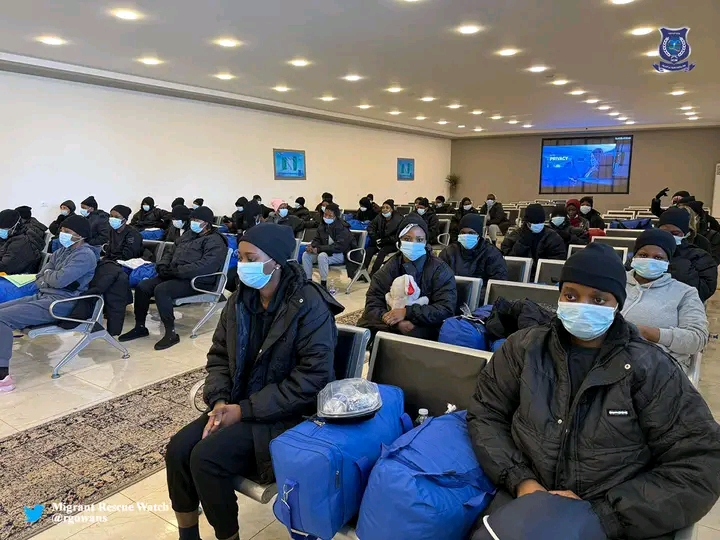
As Nigeria continues to grapple with the complexities of migration, stakeholders emphasize the need for a comprehensive approach that not only facilitates safe returns but also ensures that returnees have a chance to rebuild their lives.




